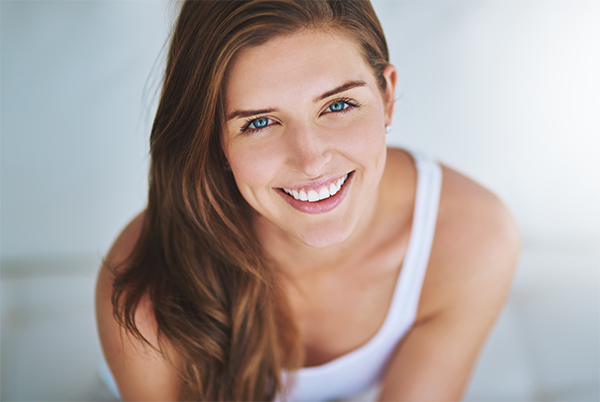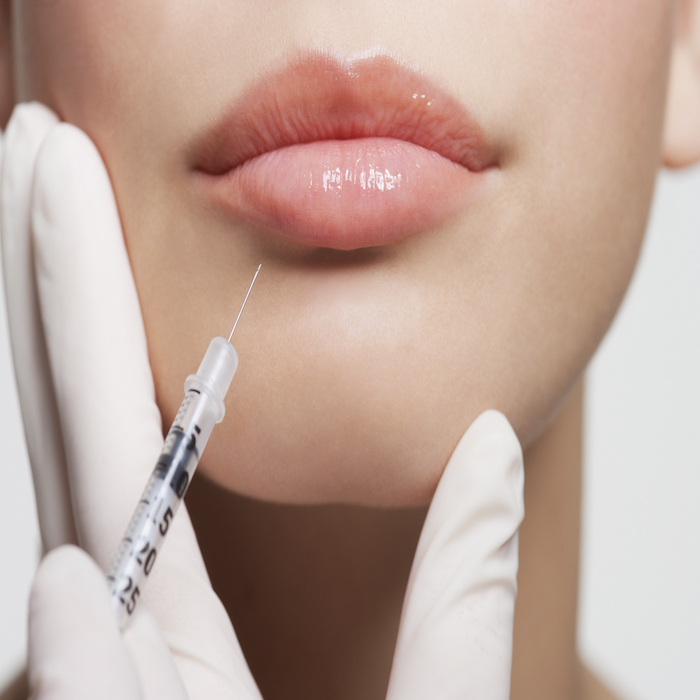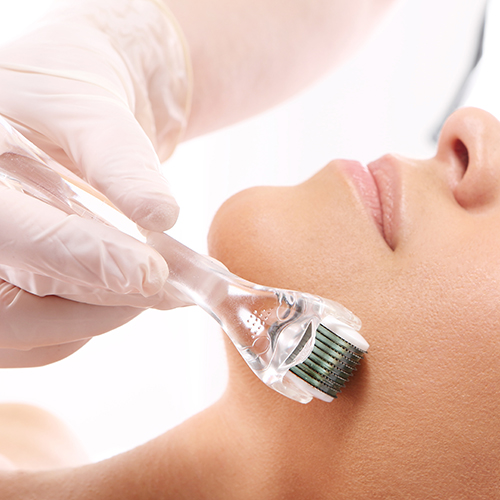PHOTOREJUVENATION BY PULSED LIGHT
Number of sessions necessary
1 to 2 sessions
duration
of the session
30 to 45 min
frequency
between 2 sessions
2 to 3 per year
rate
of the session
from 300 chf
your expectations
Intense Pulsed Light (IPL), also known as “Flash Light”, is a type of treatment used for aesthetic and therapeutic purposes, according to the needs and expectations of each patient.
Why would you choose this treatment? The Clinique de la Croix d’Or answers to you :
- Facial erythrose
- Pigment spots or brown sunspots
- Photorejuvenation
- Laser depilation (less effective than a laser)
Would you like to know more about photorejuvenation? Contact us!

Presentation
The pulsed light is used in aesthetic medicine for laser depilation, pigmentation spots, photorejuvenation and also superficial vascular lesions such as facial erythrose.
The principle of IPL is based on the emission of broad-spectrum polychromatic light. This light spectrum is filtered according to the intended targets (chromophores): melanin in the hair, oxyhemoglobin in the blood vessels. The emitted light is captured by one of these chromophores targeted by the doctor, and this absorption creates heat that induces selective destruction.
treated areas
A technique of aesthetic medicine, photorejuneation by pulsed light mainly treats superficial vascular lesions, particularly on the face, neck or hands. Get a skin rejuvenation effect with this method from the dermatology experts at the Clinique de la Croix d’Or in Geneva.
Course
YOUR PULSED LIGHT SESSION
After checking that there are no contraindications, the patient is comfortably seated and wears eye protection.
The doctor cleans the skin of the treated area, applies a contact gel between the handpiece and the skin, and sets up the machine according to the clinical indication. The procedure begins, the patient may feel a small tingling sensation similar to a small elastic band.
This procedure lasts between 10 and 45 minutes.
What is the frequency of treatment ?
A protocol consists of 1 to 3 sessions separated by a minimum of 4 weeks, depending on the treatment plan and the clinical indication.
An interview is often necessary after a few months.

side-effects
WHAT ARE THE CONSEQUENCES OF THE INTERVENTION?
At the end of the session, a redness is present but dissipates quickly. In some cases, some small scabs and oedema for 1 to 3 days following the session, which are easily camouflaged. It is preferable to avoid the sun 15 days before and 15 days after the treatment.
ARE THERE ANY CONTRAINDICATIONS?
- High phototypes
- Pregnancy
- Skin lesions or skin infections
- Photosensitizing medicaments
- Recent tanning



